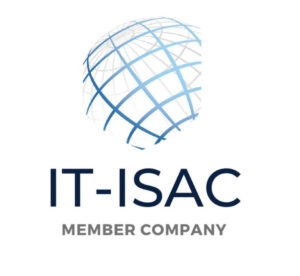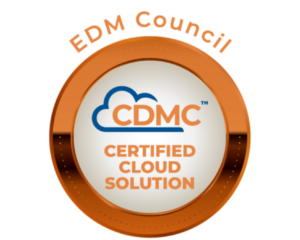How AI Threats Evolved
Origin
Early AI risks focused on model accuracy and data quality, primarily within R&D environments. As AI entered production systems, risks expanded across more vectors.
Evolution
Today, risks span:
- Bias and discrimination in AI decision-making
- Security vulnerabilities (e.g., prompt injection, model theft)
- Regulatory non-compliance from opaque or unexplainable AI
- Loss of human oversight or accountability
- Ethical misuse of generative AI or surveillance systems
These risks demand structured, cross-functional risk mitigation programs.







